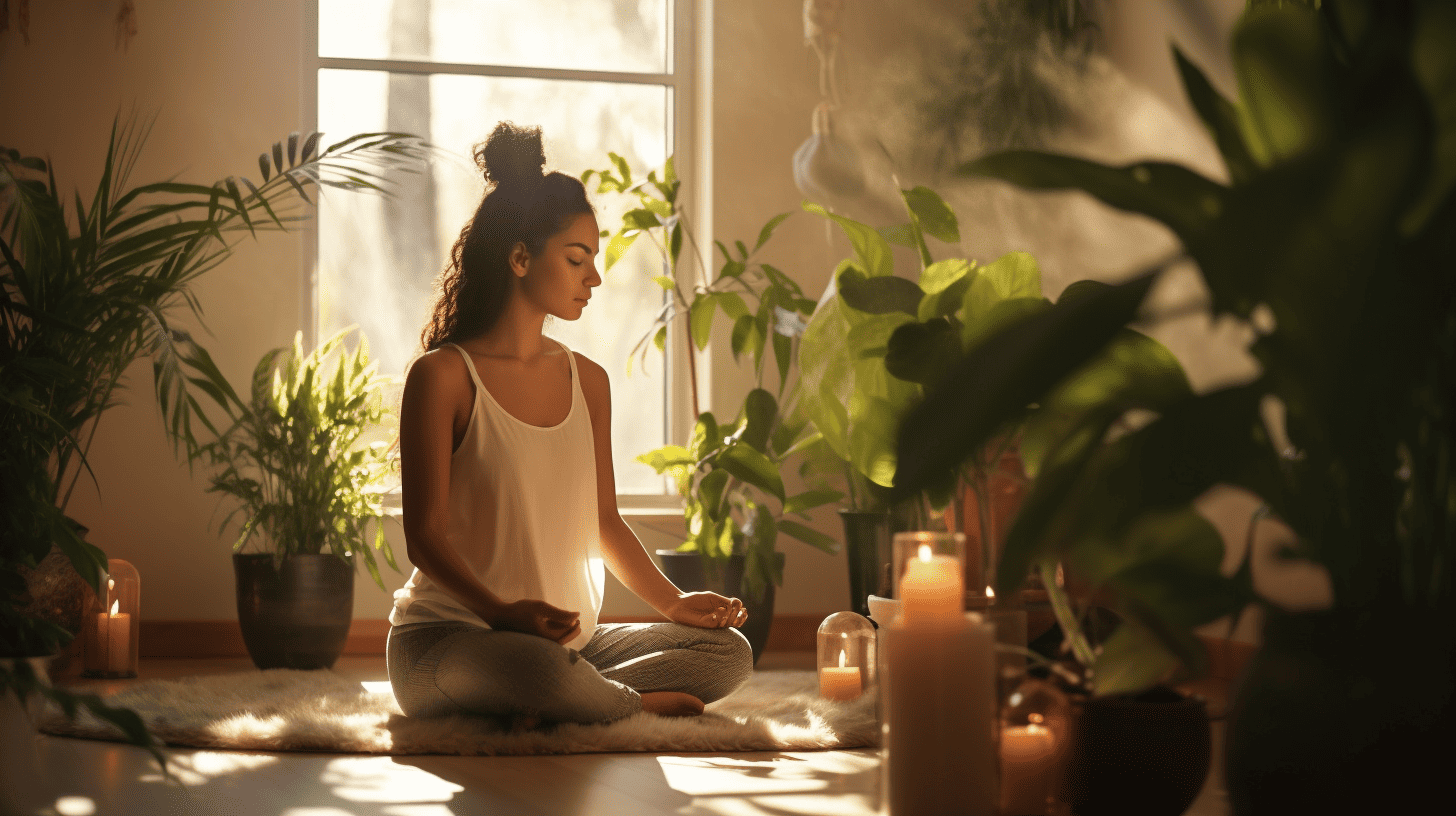Excitement About Diversity
Wiki Article
Some Ideas on Mindfulness You Should Know
Table of ContentsAwareness - The FactsA Biased View of Personal GrowthThe Main Principles Of Mysticism The 4-Minute Rule for Personal GrowthMindful Consciousness for Dummies

That's the only way you'll keep showing up day after day. Research reveals that combining a 30-second action with a "habit anchor" can make new routines most likely to stick. The 30-second action can be anything that may trigger you to begin your brand-new daily meditation routine (For example: "I will count 15 inhales and breathe out breath cycles for 30 seconds before I begin practicing meditation").
Select a meditation posture that feels great for your body. This could be being in a chair or on a couch with feet flat on the floor, kneeling, legs crossed on a company cushion or yoga mat, resting on your back, or perhaps standing or strolling. If you're sitting, try to keep your back directly, your hands resting on your lap or knees, your eyes gazing gently into the middle range or at an area on the flooring in front of you.
The 7-Minute Rule for Mysticism
Feel free to choose whatever position feels finest for you (and, know that this position might change depending on the day). Comfortable clothing are perfect, and you can even drape a blanket over yourself if you tend to feel cold while sitting still if that feels more pleasant.The benefits of meditation in the morning have less to do with meditation itself and more to do with setting the phase for the day ahead. Meditation is an umbrella term for a variety of mental focus methods that can help combine the mind and body. https://sketchfab.com/spiritualsaz. It includes elements of concentration, relaxation, mindfulness, and emotional neutrality

See This Report on Enlightenment
"Traditional wisdom is that the early morning is a fun time to do it, and if you can make time in the early morning, that is terrific. If not any time you can set aside for meditation is the right time."Meditation's are not based on the time of day, however there are factors why practitioners often advise meditation in the early morning."It assists in focusing the mind, handling tension, and enhancing general emotional well-being." Early morning meditation might assist you manage feelings of worry, anticipation, and anxiety on particularly difficult days. Mathews mentions there's a meditation saying, typically attributed to Gandhi, that on the days he is really hectic, he meditates for 2 hours in the morning rather of 1.
According to Caroline Schmidt, a licensed scientific social worker from St. Louis, Missouri, early mornings tend to have an innate sense of peace before the pressure of the day - Enlightenment. Your mind is naturally calm from rest, and the world around you is peaceful from collective rest."Early early mornings give a chance to have time alone, while everyone else continues to sleep," she states.
Some Known Factual Statements About Enlightenment
Which's something that's quite rare to experience, in a world that's ever more connected by innovation." One of the excellent things about meditation is that you do not have to set a significant duration of time aside for it, especially when you're simply starting. Schmidt adds that mornings are also a perfect time to explore meditation in an environment where you're currently relaxed and comfy your bed."As you're just waking up and are still lying in bed, you can take the chance to get in touch with yourself for even just 5 minutes," she says.Some experts suggest repetition, proficiency, and consistency are more crucial than period. One research study from 2018 discovered that 13 minutes a read here day for 8 weeks was enough for most inexperienced meditators to notice favorable modifications. In some cases a couple of minutes of mediation may be all you require to accomplish the ideal level of focus and clearness to fulfill a difficulty head-on."There actually isn't a great or bad quantity of time to meditate," Mathews states.
The 10-Minute Rule for Diversity
The practice you choose on should be one that appeals to your goals and your concepts. If you aren't a spiritual person, for example, spiritual-focused meditation may not be for you.You can gradually incorporate meditation into your day in a method that makes sense and does not feel like a task (https://urlscan.io/result/31902a80-ed3f-4c74-8185-bcc39b0ad074/). Rock and Mathews advise: beginning with a small time goal of 510 minutessetting aside time particularly to meditate, if possible, but remaining flexibleexploring various areas of your home or nature for a meditation spottrying various meditation practices to discover an excellent fitlearning more about your picked meditation formatconnecting and sharing experiences with others who also meditateutilizing aids like meditation apps or calming music, Most importantly, Rock states to be kind and patient with yourself while you learn
The benefits of meditation in the early morning involve setting your day up for success. Early morning is a naturally peaceful time, and practicing meditation early can start your day out on a favorable, focused note. There's no incorrect time to meditate, however. Early morning might be a fun time for meditation, but the "finest" time of day for meditation is whenever you're more than likely to seize the opportunity.
Report this wiki page